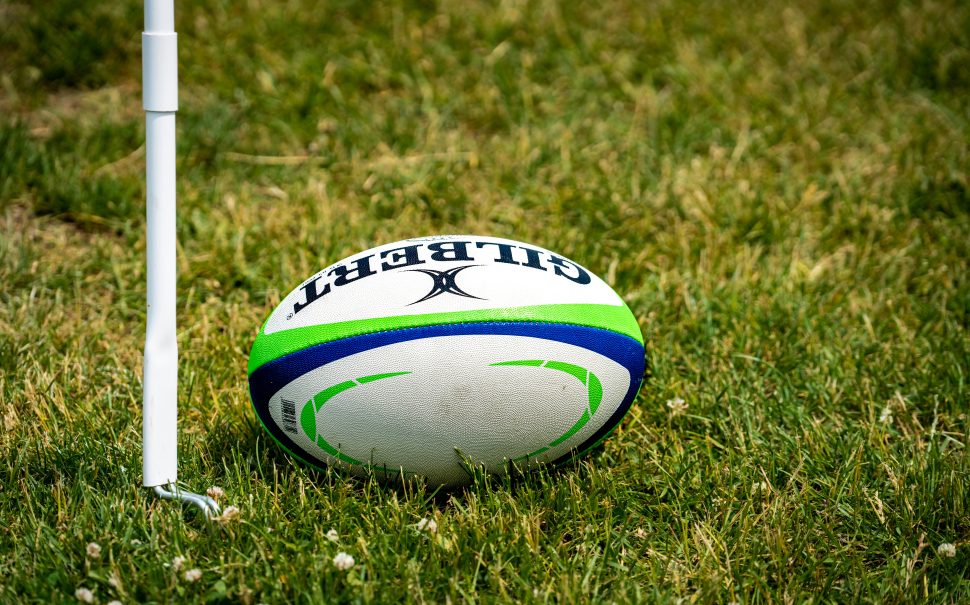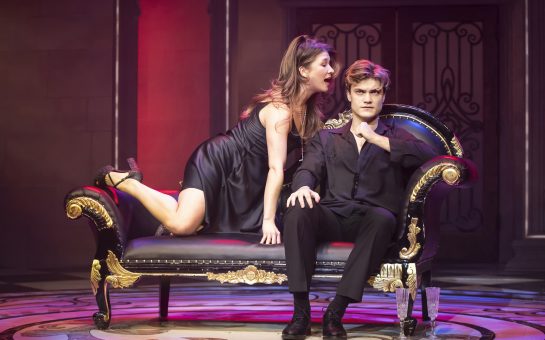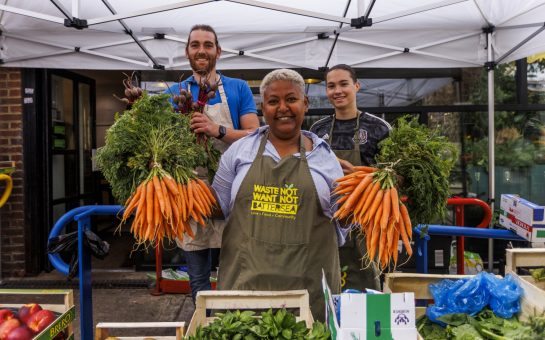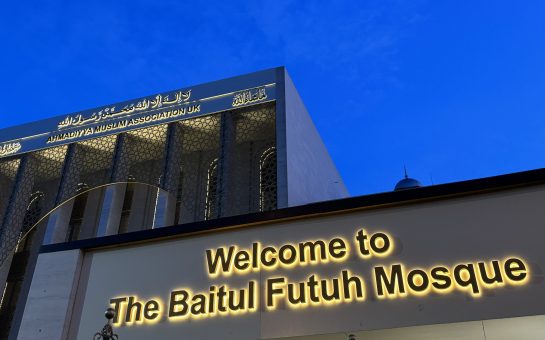The team which proudly declares itself as ‘South London’s biggest LGBT+ rugby club ‘ is challenging outdated perceptions to show there is a place for everyone in rugby union.
Members of London Stags, which is based at Mitcham and Carshalton rugby club, are among those in the LGBTQ+ community who have felt let down by what is seen as a failure to tackle negative stigmas associated with rugby culture such as it being fuelled by ‘laddish’ norms and discriminatory ‘banter’.
Affiliated to the International Gay Rugby (IGR) organization, which has enjoyed massive success in promoting diversity and LGBTQ+ identity through togetherness in the sport since being founded in the early 2000s, the Stags are demonstrating rugby is a sport for all regardless of race, gender or sexuality.
Stags chairperson Tom Carter is passionate about ensuring the social spirit which runs deep through the club is at the forefront of their work and their participation in the IGR league.
Alongside his role on the committee of the Stags, Carter plays as flanker and is in no doubt that for his peers: “Being part of the Stags has changed their lives.”
With assistance from the IGR, he reiterates the Stags have been able to pride themselves on being a community-driven team.
The club’s Facebook page states the Stags pride themselves on the opportunity to play ‘no pressure’ rugby for players of all abilities and experience.
The aim is to provide competitive, enjoyable rugby for players and supporters, and to grow the gay and inclusive rugby family in London.
Range of opportunities
The national and international relationships the Stags have established has provided exciting opportunities for the players, in which they can not only showcase their sporting abilities but interact with like-minded communities from different areas.
The Stags have placed an emphasis on the team being equally bound by their love of the sport and their pride for who they are as people, creating an environment for healthy competition and appreciation.
Additionally, the Stags are participants in the Union, Hadrian and Unity Cups, with the tournaments becoming a key fixture of International Gay Rugby leagues.
Social events have become a large part of the nucleus of what this club does to show that diversity goes far beyond the field of play as well.
The Stags ensure everyone is catered for, setting up various stalls including trans+ and black pride, which Carter has kept their community ‘tight’, ensuring that the club values people for who they are, which is fundamental to its principles.
A long way to go
Carter is delighted with how far Stags and the wider IGR union has come, but believes that discriminatory aspects still exist, specifically towards the transgender community, and mindful of the fact that, even in today’s society, there are always going to be hurdles to overcome.
He feels let down by the RFU’s decision to ban transgender players outside of IGR, something that the Stags and the body are collectively working to overturn, saying: “Trans players are whole heartedly welcomed.”
The RFU were contacted for comment.
Carter is now embracing their next task with the help of their inclusion officer Mike Stanley, making sure that inclusivity represents a myriad of identities, with updates uploaded to the club’s website.
Carter believes that the Stags can play their part in their overall support for the transgender community and, as with sexuality, believes that rugby can become a space of celebration and not discrimination.
The controversy around transgendered participation in rugby will not go away any time soon.
However, the contributions of Carter, the Stags and the rest of IGR make it increasingly difficult for their concerns to be ignored.
Their growing support means that the tide is turning, with outdated perceptions of inclusion in sport fading for the better.
With plenty more opportunities for IGR competition and integration coming up this season, Carter and his team are satisfied that they have fulfilled some of their objectives.
Only time will tell how far the Stags influence can transcend beyond their home in South London.





